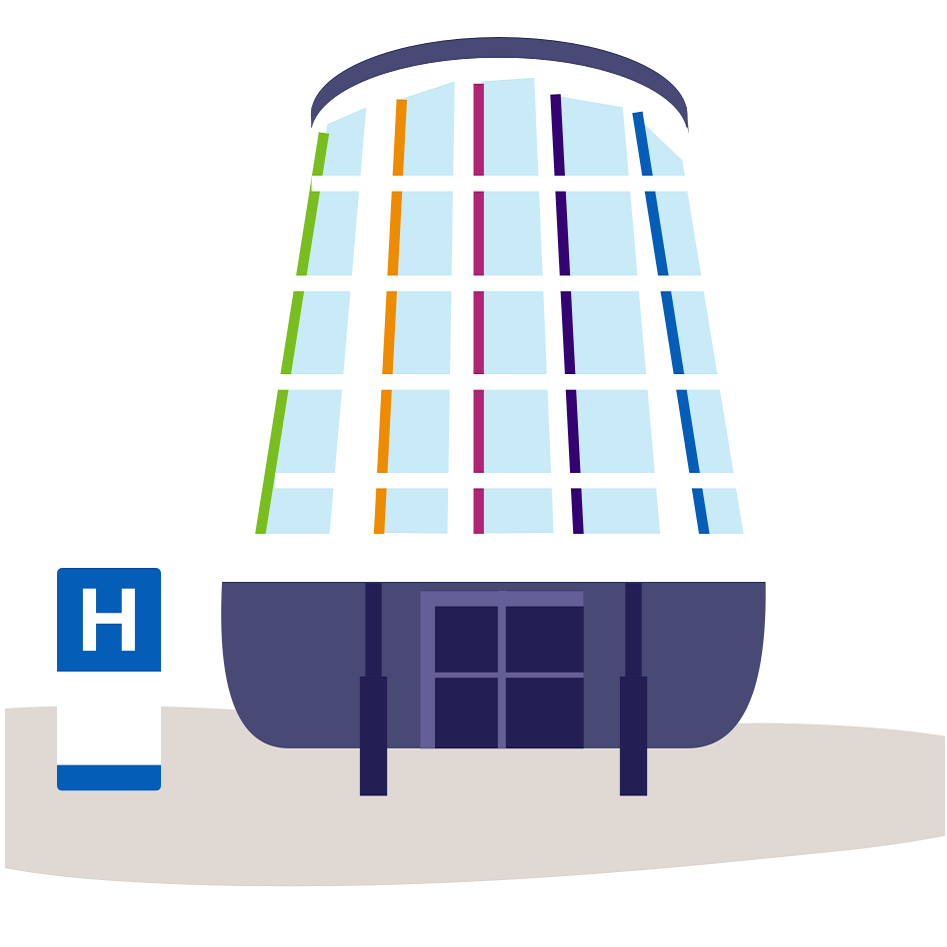Click here for printable versions of this leaflet in:
| English | Arabic عربى | Mandarin普通话 |
| Polish (Polskie) | Romanian (Română) | Urdu اردو |
| Farsi فارسی |


This advice is intended for parents/carers taking their child home after consulting a doctor. Your doctor may recommend different treatments depending on your child's condition.
Make sure your baby is not exposed to tobacco smoke. Passive smoking can seriously damage your baby’s health. It makes breathing problems like bronchiolitis worse.
If you would like help to give up smoking you can get information / advice from your local pharmacist, GP surgery or by calling the Quit Your Way Scotland helpline on 0800 84 84 84 Mon-Fri 0800-2200 and Sat-Sun 0900-1700.

The chart above show how long bronchiolitis lasts in children. The faces represent 10 children who have bronchiolitis. Green faces are those children who have recovered within that time period.
Diagram taken from www.whenshouldiworry.com
 |
|
|---|---|
|
If your child has any of the following signs:
|
You need help now. Go to the nearest Hospital Emergency Department or phone 999 |
 |
|
|---|---|
|
If your child has any of the following signs:
|
You need to speak to a doctor or nurse today. Phone your GP surgery or call NHS 111 - dial 111 |
 |
|
|---|---|
|
If your child has none of the above signs |
Self care You can keep looking after your child at home. Phone NHS 24- dial 111 if you are concerned. |
Content adapted with permission from the what0-18.nhs.uk resource produced by the Healthier Together initiative

We are one of the leading paediatric care centres in the UK, and the largest in Scotland. We provide family centred care to newborns, infants, children and young people both in hospital and in the community.
https://www.glasgowchildrenshospitalcharity.org/